Milk thistle (Silybum marianum) – Medicinal Benefit and Healing Properties
Milk thistle (Silybum marianum) is a powerful herb known for its medicinal benefits and healing properties. Widely used for liver health, this plant also offers antioxidant, anti-inflammatory, and immune-boosting effects. Discover how milk thistle can support your well-being and address various health conditions in this comprehensive guide.
The Health Benefits of Milk Thistle Plant
Milk thistle, also known as Silybum marianum, is a plant that has been used for centuries for its medicinal properties. Here are ten health benefits of milk thistle:
- Liver Health: Milk thistle is renowned for its liver-protecting effects. It helps in treating liver conditions such as cirrhosis, jaundice, hepatitis, and gallbladder disorders.
- Antioxidant Properties: The active compound, silymarin, has strong antioxidant properties that help protect cells from damage caused by free radicals.
- Anti-inflammatory Effects: Milk thistle has anti-inflammatory properties that can help reduce inflammation in the body.
- Supports Brain Health: It may help prevent age-related decline in brain function and has been used to treat neurological conditions like Alzheimer’s and Parkinson’s disease.
- Improves Skin Health: Milk thistle oil can be applied topically to improve skin health and treat conditions like acne and eczema.
- Reduces Cholesterol: It may help lower cholesterol levels, improving heart health.
- Supports Weight Loss: Some studies suggest that milk thistle can aid in weight loss by improving metabolism and reducing fat accumulation.
- Regulates Blood Sugar: It may help manage diabetes by improving insulin sensitivity and reducing blood sugar levels.
- Boosts Immune System: Milk thistle can enhance the immune response, helping the body fight off infections.
- Cancer Prevention: Some research indicates that milk thistle may help prevent the spread of certain types of cancer cells
The chemical Properties of Milk thistle (Silybum marianum)
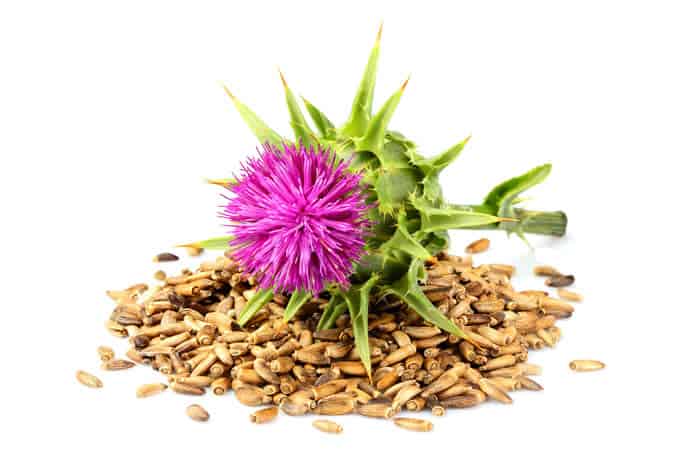
Milk thistle (Silybum marianum) is rich in several bioactive compounds, primarily flavonolignans, which contribute to its medicinal properties. Here are the key components of milk thistle:
- Silymarin: This is the main active complex in milk thistle, comprising about 65-80% of the extract. Silymarin itself is a mixture of several flavonolignans, including:
- Silibinin (Silybin): The most active and abundant component.
- Silychristin
- Silydianin
- Isosilybin.
- Flavonoids: These include taxifolin, quercetin, dihydrokaempferol, kaempferol, apigenin, naringin, eriodyctiol, and chrysoeriol.
- Fatty Acids: The seeds contain 20-35% fatty acids, including linoleic acid and oleic acid.
- Sterols: These include cholesterol, campesterol, stigmasterol, and sitosterol.
- Other Compounds:
- Tocopherol (Vitamin E)
- Sugars: Such as arabinose, rhamnose, xylose, and glucose.
- Proteins.
These compounds collectively contribute to the antioxidant, anti-inflammatory, and hepatoprotective properties of milk thistle.
How to Use Milk thistle (Silybum marianum) as Herbal Medicines
Milk thistle (Silybum marianum) can be used in various forms to treat different health conditions. Here are some common methods:
1. Milk Thistle Tea
- Preparation: Steep 1-2 teaspoons of crushed milk thistle seeds in hot water for about 10-15 minutes.
- Uses: Helps with liver detoxification, digestive issues, and boosting the immune system.
2. Milk Thistle Capsules or Tablets
- Dosage: Typically, 200-400 mg of silymarin (the active compound) per day, divided into two or three doses.
- Uses: Commonly used for liver conditions such as cirrhosis, hepatitis, and fatty liver disease.
3. Milk Thistle Extract
- Form: Available as liquid extracts or tinctures.
- Dosage: Follow the manufacturer’s instructions, usually around 1-2 ml taken 2-3 times daily.
- Uses: Provides concentrated benefits for liver health, antioxidant support, and anti-inflammatory effects.
4. Milk Thistle Powder
- Usage: Can be added to smoothies, juices, or sprinkled on food.
- Dosage: About 1-2 teaspoons per day.
- Uses: Supports overall liver health and detoxification.
5. Topical Application
- Form: Milk thistle oil or creams.
- Uses: Applied to the skin to treat conditions like acne, eczema, and to promote skin health.
6. Milk Thistle Seeds
- Usage: Can be eaten raw or roasted.
- Dosage: A handful of seeds per day.
- Uses: Provides general health benefits, including liver support and antioxidant properties.
Important Considerations
- Consultation: Always consult with a healthcare provider before starting any new supplement, especially if you have existing health conditions or are taking other medications
Safety and Side Effects of Using Milk Thistle Plant
Milk thistle (Silybum marianum) is generally considered safe when taken in appropriate doses, but it can cause some side effects and has certain precautions to be aware of:
Common Side Effects
- Gastrointestinal Issues: Diarrhea, constipation, nausea, vomiting, and abdominal bloating.
- Itchiness: Some people may experience skin reactions.
- Headache: Mild headaches can occur.
Precautions
- Diabetes: Milk thistle can lower blood sugar levels, so it should be used with caution by people with diabetes.
- Pregnancy and Breastfeeding: It is not recommended for pregnant or breastfeeding women due to insufficient safety data.
- Hormone-Sensitive Conditions: Those with hormone-sensitive conditions, such as certain types of breast cancer, should avoid milk thistle.
- Allergies: People allergic to plants in the same family (e.g., ragweed, daisies, marigolds) may also be allergic to milk thistle.
Contraindications
- Children: Not recommended for use in children without medical supervision.
- Hypertension, Gastritis, Kidney Problems, and Ulcers: Should be avoided by individuals with these conditions.
Important Considerations
- Consultation: Always consult with a healthcare provider before starting any new supplement, especially if you have existing health conditions or are taking other medications
External links
How to use the milk thistle plant as herbal medicine to treat illnesses
Chemical composition of milk thistle Plant
Health Benefits of Milk Thistle

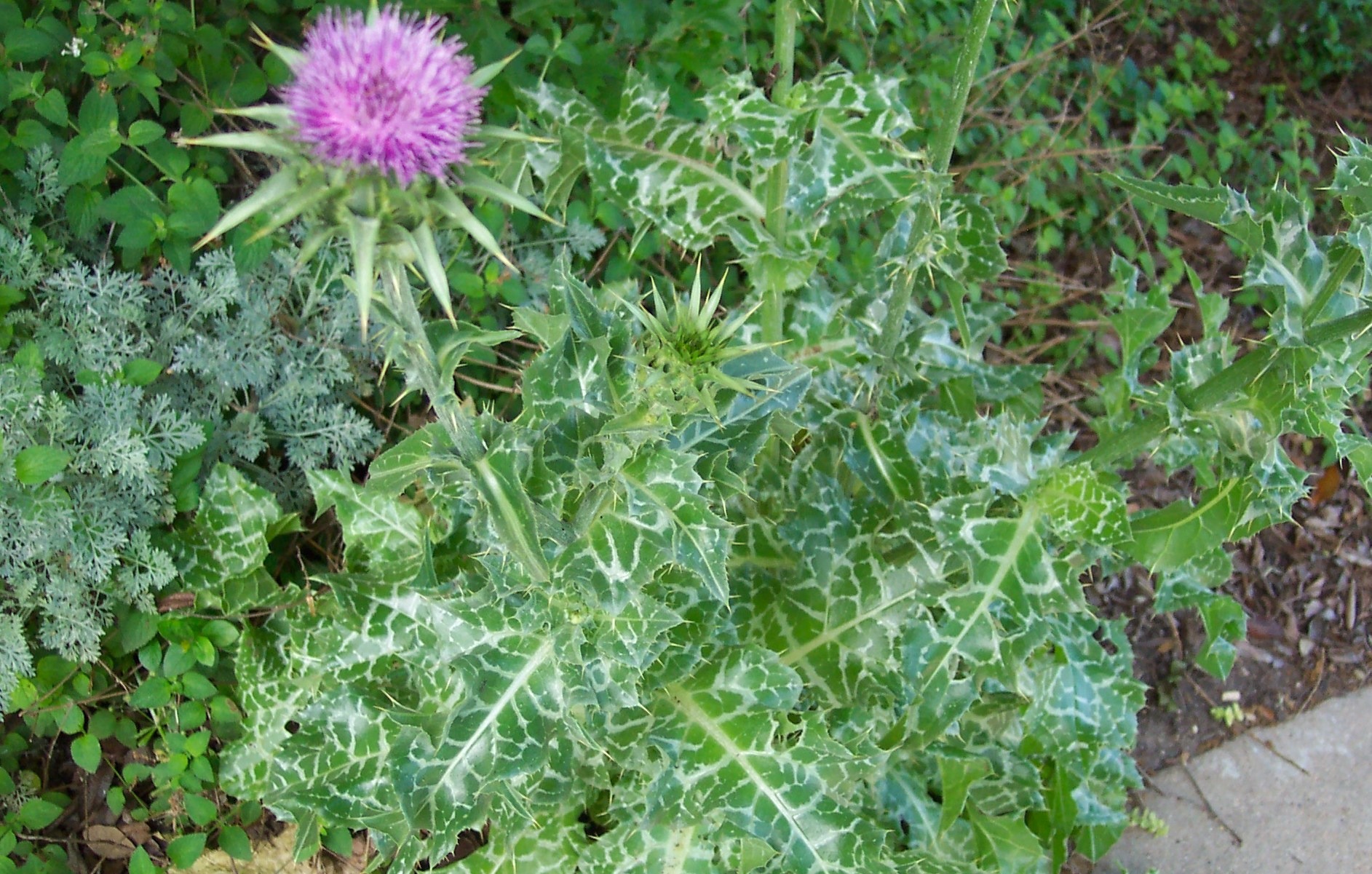
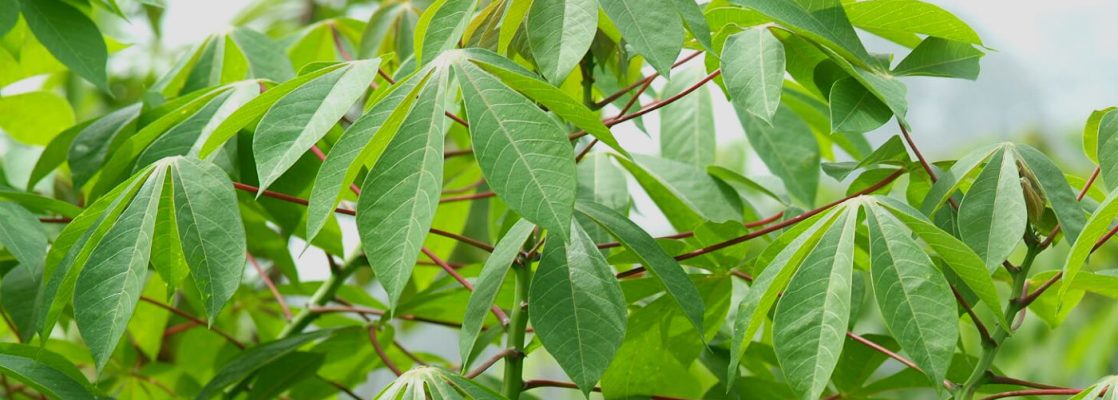

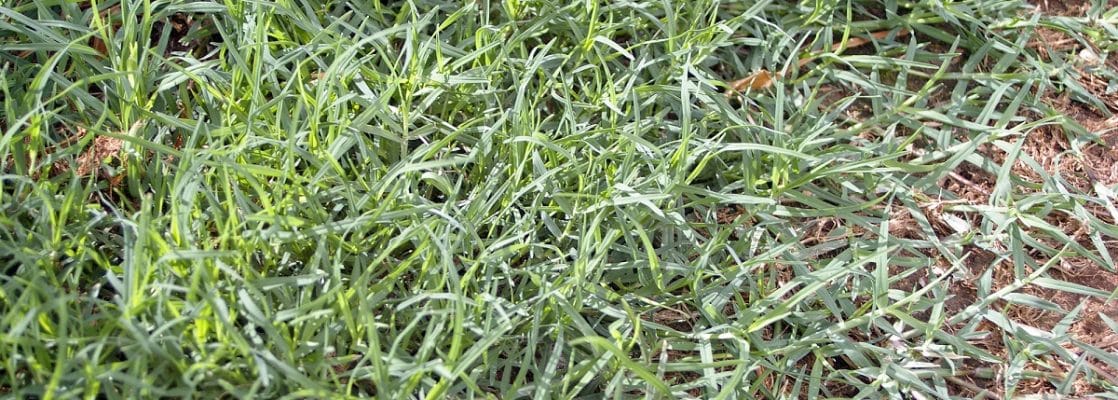
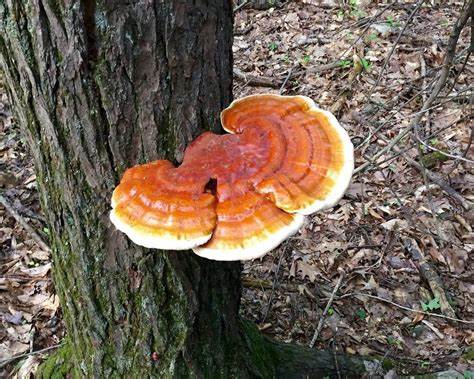

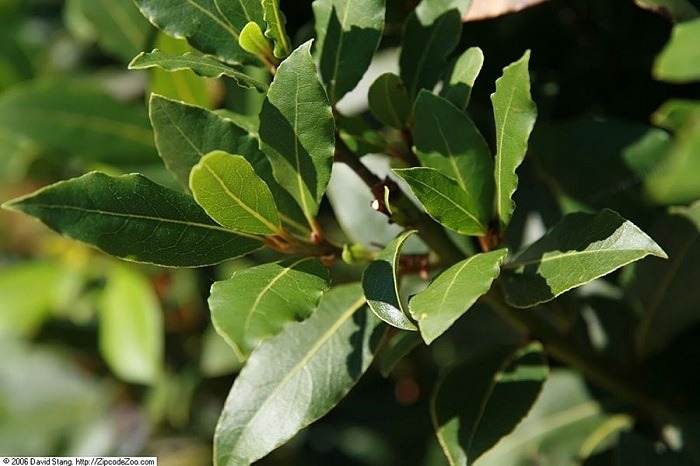

Review Milk thistle (Silybum marianum).
You must be logged in to post a review.